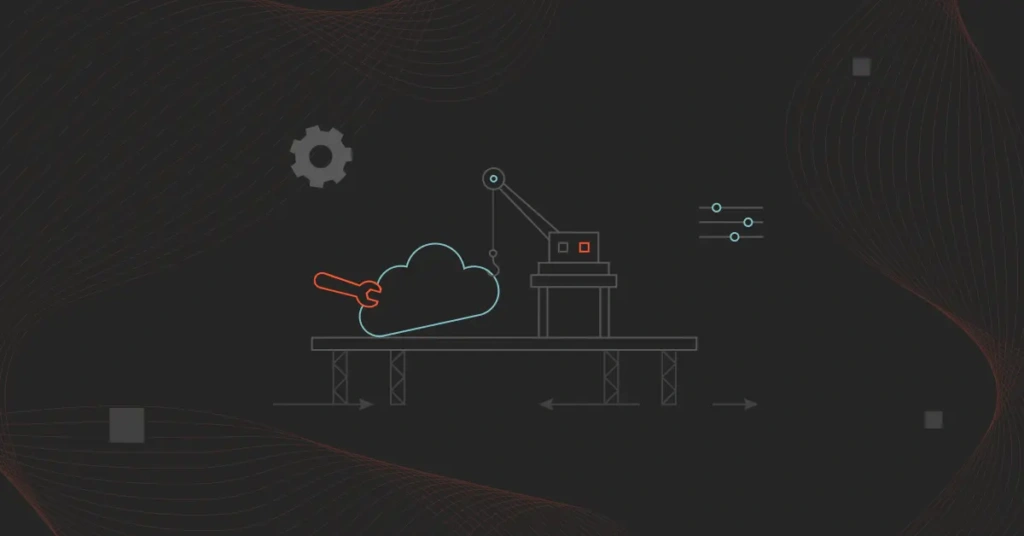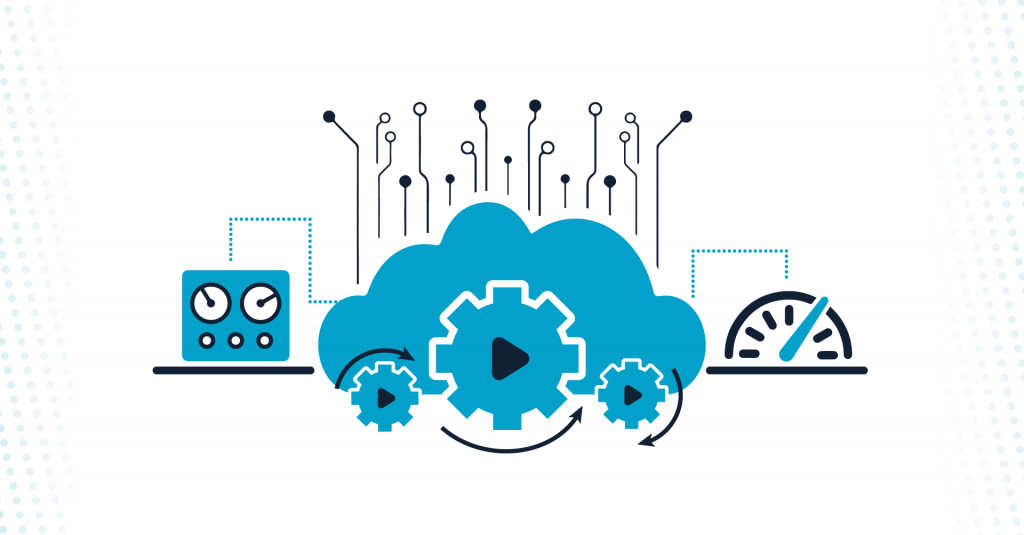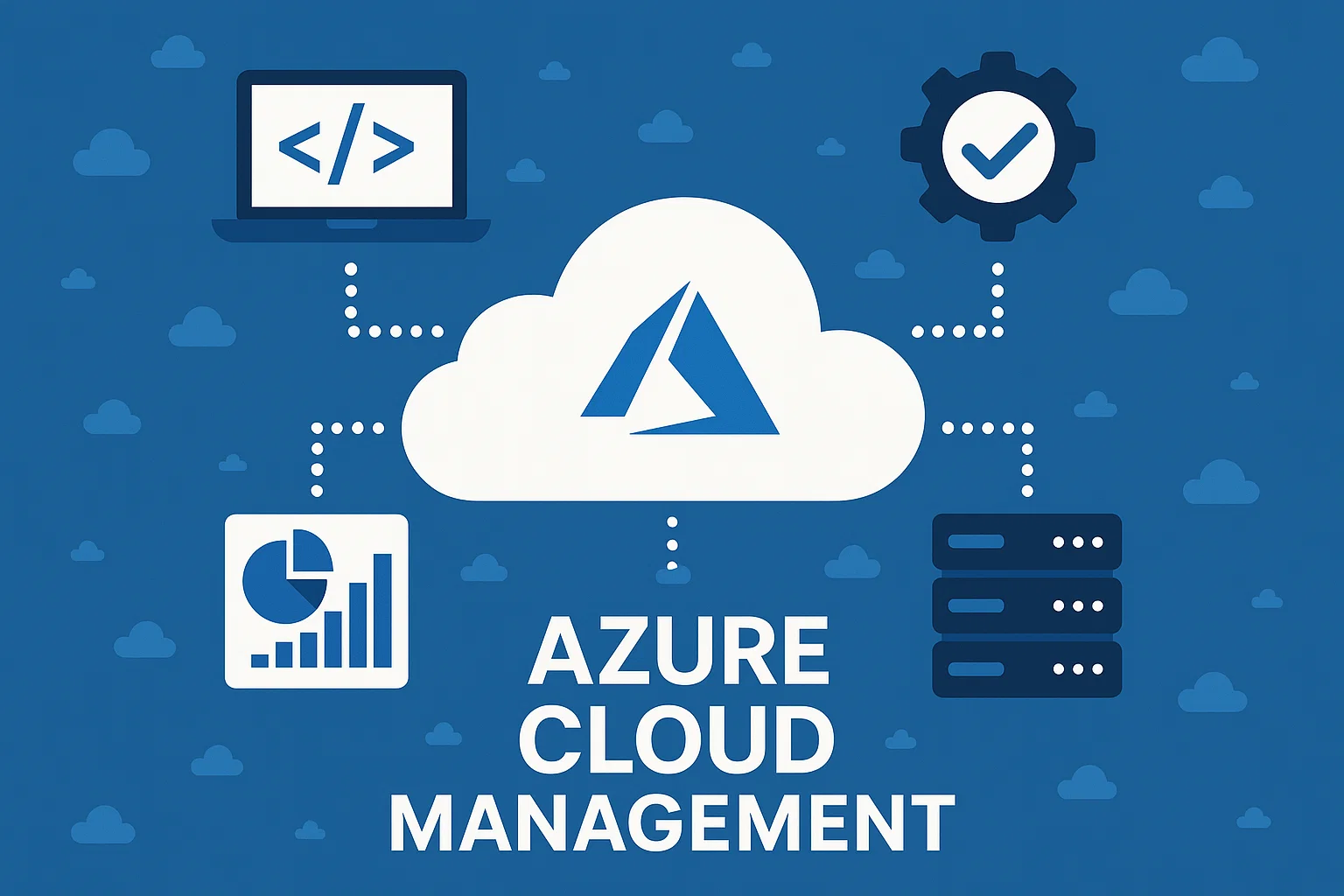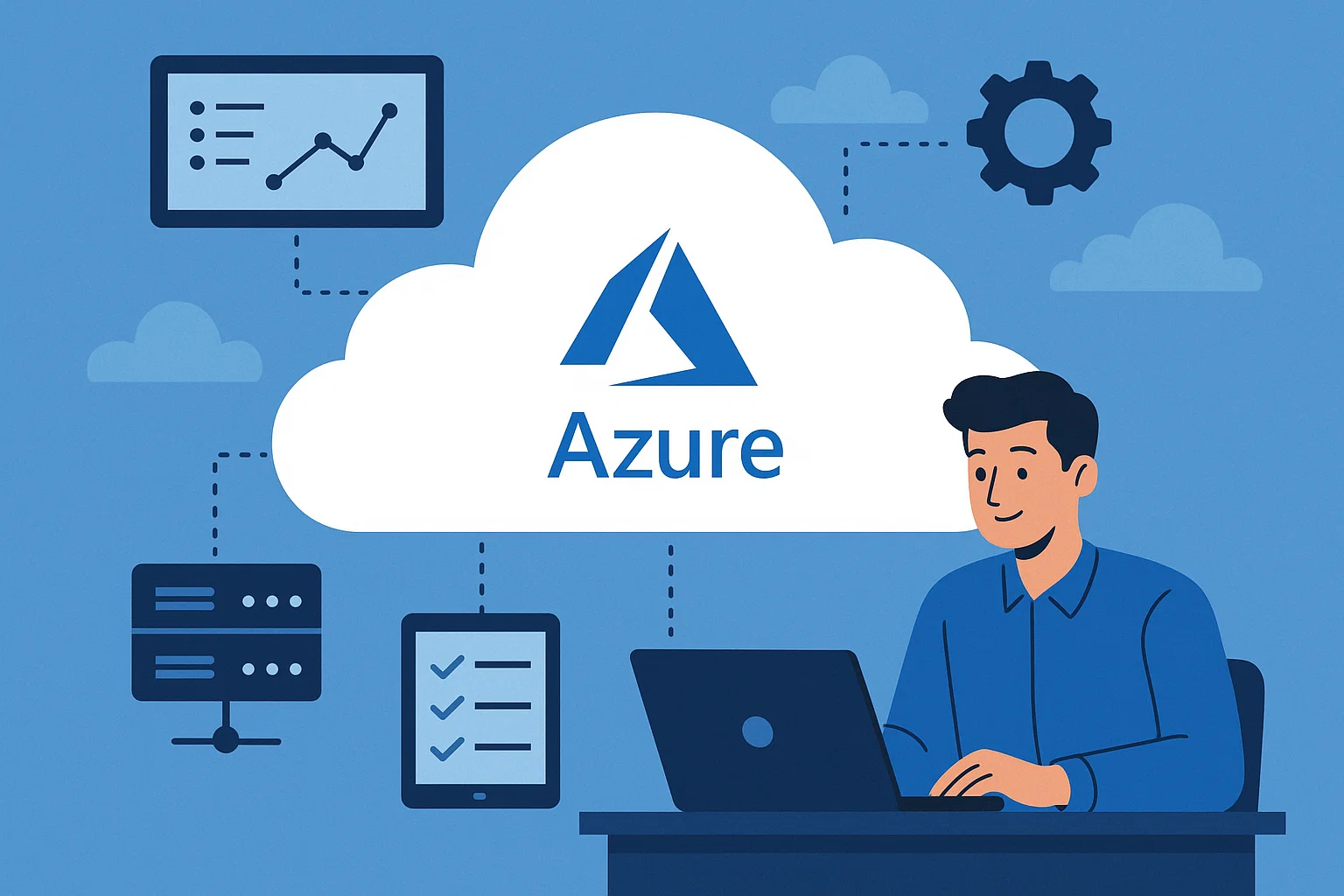Managing cloud environments manually is time-consuming and error-prone. As organizations continue to move more workloads to the cloud, they need smarter tools to maintain control and efficiency. A Cloud Management Portal addresses this challenge by bringing visibility, automation, and governance into a single platform.
With a Cloud Management Portal, IT teams can manage multiple cloud environments from one place, automate routine tasks, and gain real-time insight into system performance and costs.
Seeing Everything in One Place
Many organizations rely on services from multiple cloud providers. Managing each environment separately quickly becomes complex and inefficient. A Cloud Management Portal consolidates all cloud resources into a single, unified view.
From one dashboard, teams can see virtual machines, storage, networking, and applications across their environments. This visibility makes it easy to understand what’s running, what’s consuming resources, and what requires attention.
By eliminating the need to log into multiple tools, a Cloud Management Portal saves time and enables faster, better-informed decisions.
Automating Repetitive Tasks
IT teams often spend significant time performing repetitive operational tasks—provisioning servers, applying updates, and adjusting configurations. These manual processes are slow and increase the risk of human error.
A Cloud Management Portal automates these workflows using predefined templates and policies. New servers can be deployed automatically, updates applied consistently, and configurations enforced without manual intervention.
Automation ensures tasks are performed the same way every time, reducing errors and improving reliability. At SNP Technologies, our Cloud Management Portal handles these automated workflows so IT teams can focus on initiatives that directly support business growth.
Continuous Monitoring and Proactive Alerts
Visibility doesn’t stop at deployment. A Cloud Management Portal continuously monitors system performance and health.
It tracks key metrics, detects potential issues, and sends alerts when attention is needed. Dashboards can be customized so teams see only what matters most to their operations.

By identifying issues early, organizations can resolve problems before they impact users, improving reliability and overall service quality.
Cost Control and Financial Visibility
Unmonitored cloud environments can lead to unnecessary spending. Idle resources, oversized services, and forgotten workloads quietly drive up costs.
A Cloud Management Portal provides detailed cost visibility across services, teams, and projects. This transparency makes waste easy to identify and address.
Budgets and spending thresholds can be set within the portal, triggering alerts as costs approach predefined limits. Teams can then review active resources and shut down anything no longer needed.
SNP Technologies integrates FinOps capabilities into our Cloud Management Portal, helping organizations understand their cloud spending, optimize usage, and reduce unnecessary costs.
Security, Governance, and Compliance
Every cloud environment requires clear governance and security controls. Who can make changes? Which configurations are allowed? How are compliance requirements enforced?
A Cloud Management Portal enforces policies automatically across environments. Rules are defined once and applied consistently, reducing risk and preventing unauthorized changes.
The portal also maintains detailed activity logs, showing who made changes and when. This audit trail supports security reviews, compliance reporting, and regulatory requirements.
Choosing the Right Cloud Management Portal
Not all portals offer the same capabilities. Some support a single cloud platform, while others manage multiple providers. Features, automation depth, and reporting capabilities can vary widely.
The right Cloud Management Portal depends on your cloud strategy, team size, and automation goals. A well-designed portal simplifies operations rather than adding complexity.
SNP Technologies supports organizations across healthcare, finance, manufacturing, and professional services. With 14 Microsoft Specializations and over 150 Microsoft Certifications, our Cloud Management Portal gives teams centralized visibility and control across their cloud environments.
If you’re looking to automate cloud operations and gain better control over your infrastructure, let’s talk. We can help you identify the right approach for your organization.













